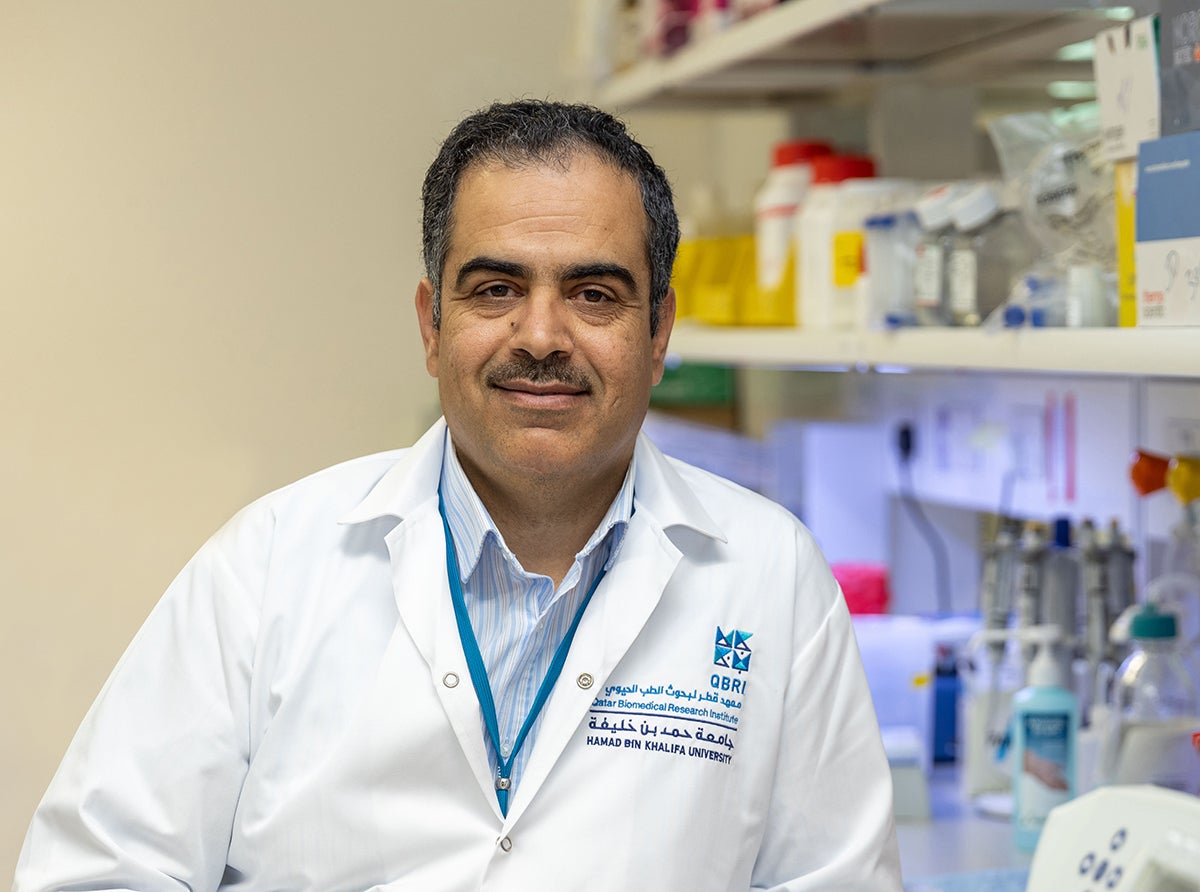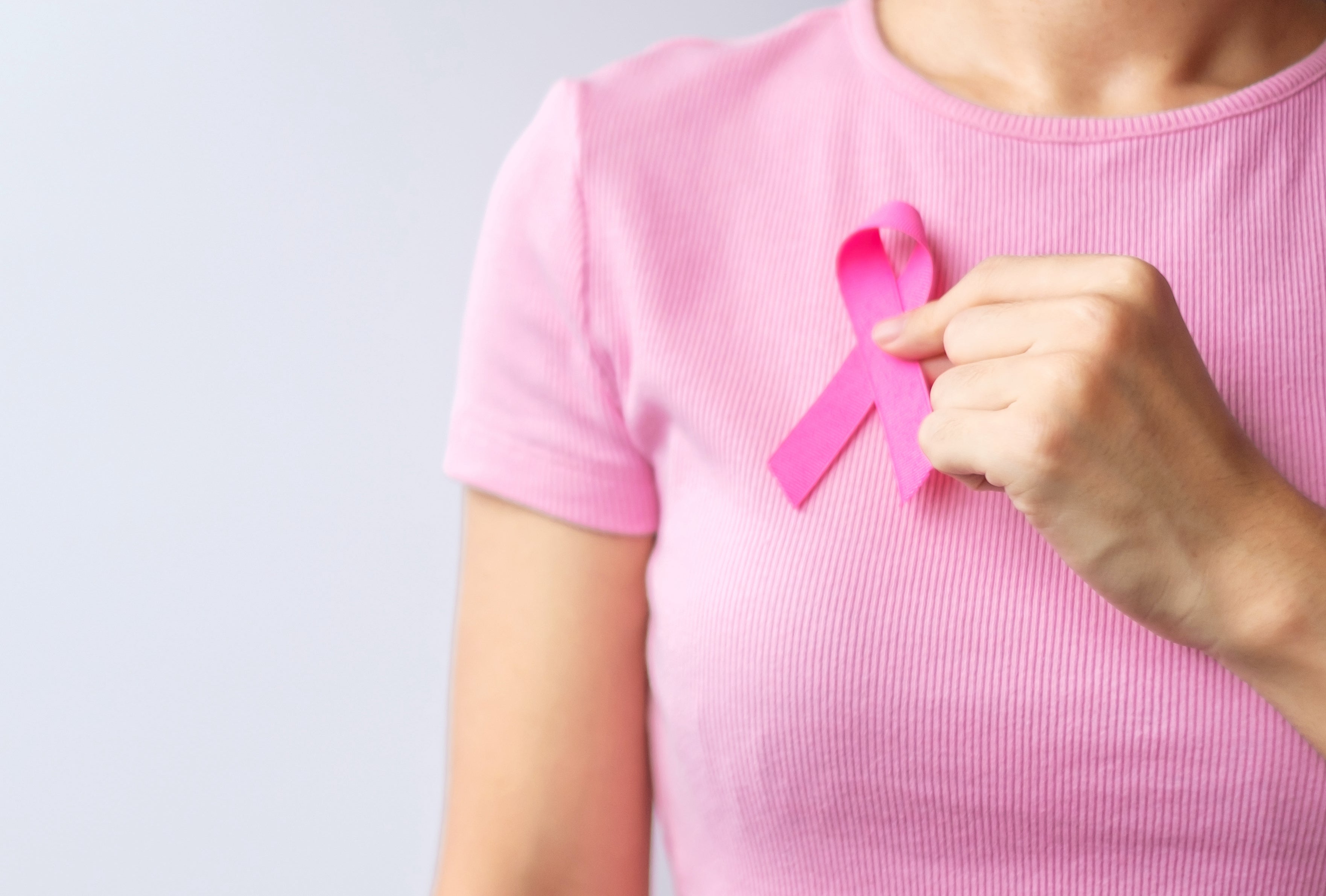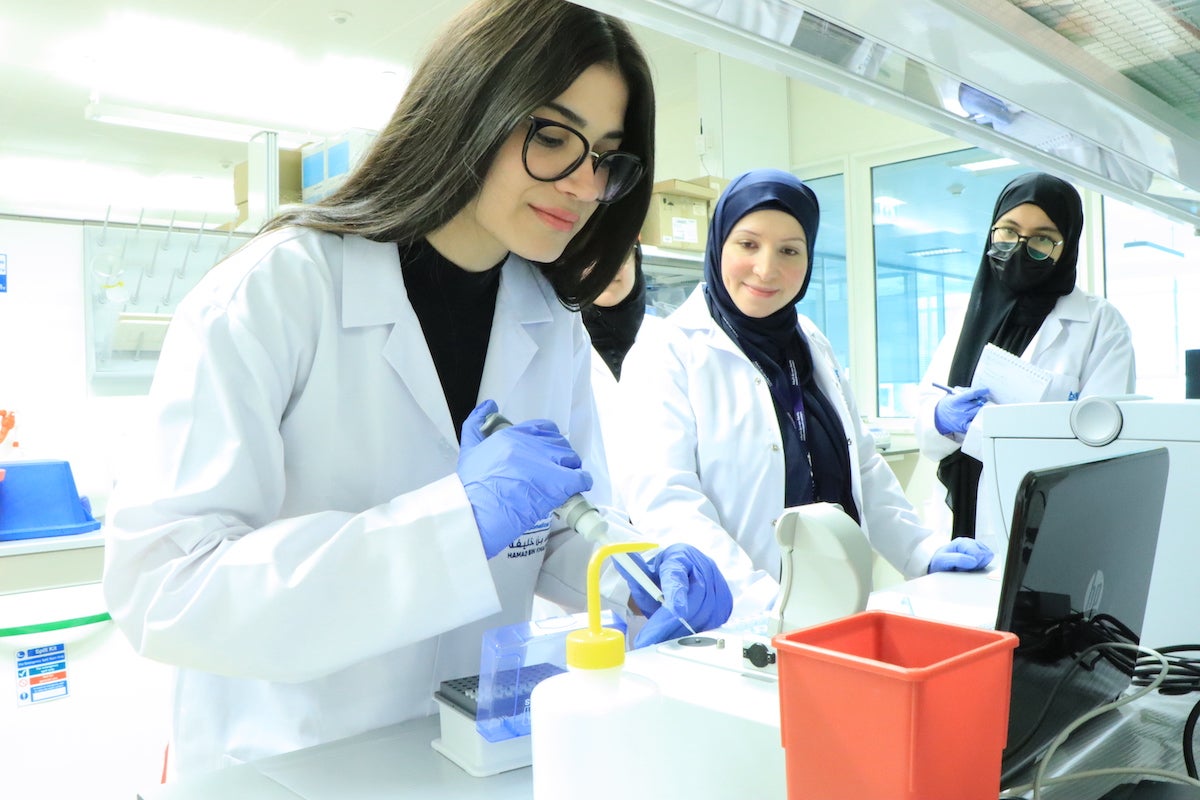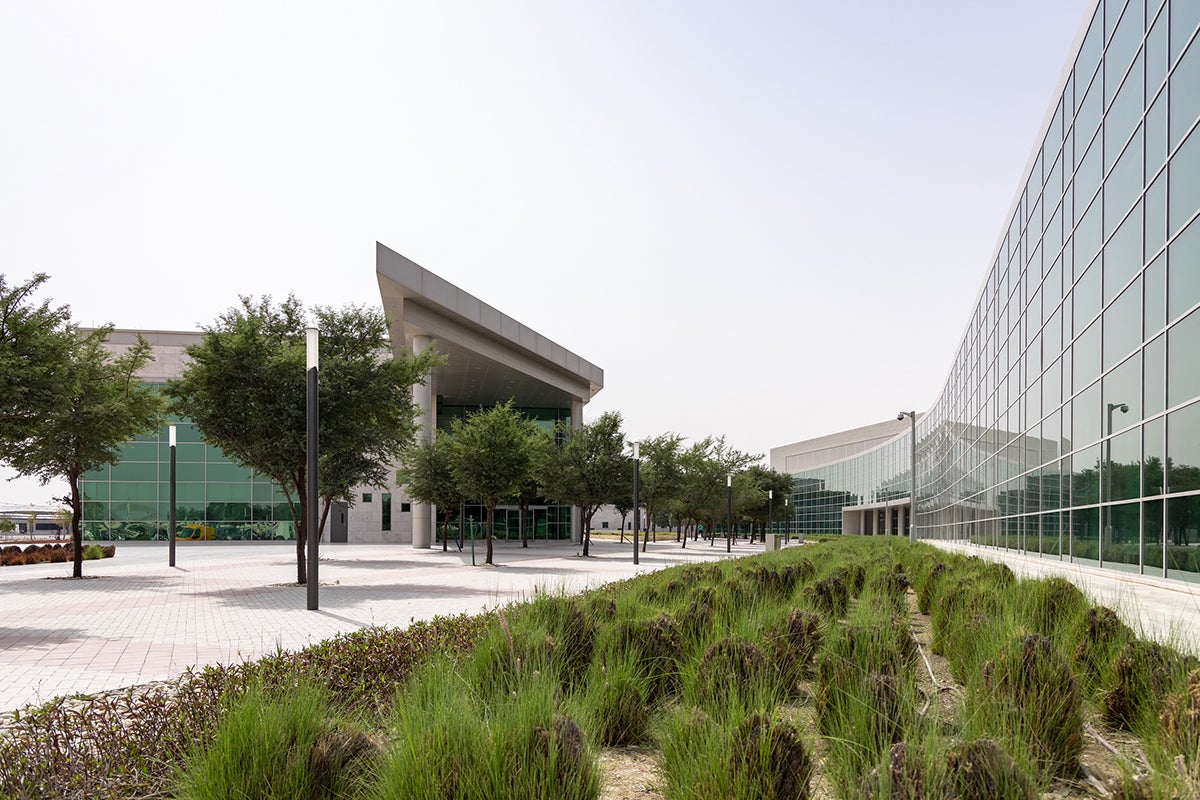Qatar Biomedical Research Institute (QBRI), part of Hamad Bin Khalifa University, has published a new study in a prestigious international journal that explains how a set of genes can predict a patient’s response to cancer therapy.

Breast cancer is one of the most common cancer types among women, with an estimated incidence of 1.5 million new cases per year globally. In Qatar, breast cancer accounts for approximately a third of all cancer cases in women. The disease is identified when cells in the breast begin to grow and divide in an uncontrolled way to create a mass or tumor, although approximately 90% of breast masses are not cancerous.
Breast cancer can spread to other parts of the body through blood vessels and lymph vessels in advanced stages. The type of breast cancer can be defined after examining the kinds of cells that turned into cancer.
Early screening is essential
Recent epidemiological studies on the distribution of diseases and other health-related conditions in certain populations have identified breast cancer as the most common and second leading cause of cancer death in women.
Statistics also show that 98 out of 100 women diagnosed with breast cancer are alive five years after diagnosis, when caught and treated at an early stage. Screening programs have reduced the mortality risk of dying from breast cancer by more than 30%, according to several studies.
Breast cancer is a heterogeneous disease which means it can exhibit different characteristics. While early-stage breast cancer can be treated with high efficiency, cancer recurrence and metastatic spread are the most important factors leading to poor survival, which can be explained by the existence of some cancer cells resistant to standard therapies such as chemotherapy and radiotherapy.
Differing responses to therapies
Neoadjuvant chemotherapy is administered to cancer patients before their primary course of treatment, usually to facilitate breast-conserving surgery and eliminate clinically invisible micro metastases. However, not all breast cancer patients benefit from neoadjuvant chemotherapy. Some patients exposed to this therapy face undesirable side effects without significant benefit.
A team of scientists from the Translational Cancer and Immunity Center (TCIC) at Qatar Biomedical Research Institute (QBRI), part of Hamad Bin Khalifa University (HBKU), recently conducted a study to classify breast cancer patients into responders and non-responders to neoadjuvant chemotherapy at the molecular level using single cell transcriptome data and computational algorithms. Using this approach, the group were able to identify a set of genes which can predict the response of the particularly aggressive triple-negative breast cancer (TNBC) to neoadjuvant chemotherapy.
The researchers revealed the presence of certain immune cells, including an activated immune signature, which predicted the response of those patients to therapy. Additionally, they identified several key genes which when targeted led to significant inhibition of breast cancer cell growth in the laboratory.
“Triple-negative breast cancer’s resistance to neoadjuvant chemotherapy represents a major clinical challenge; therefore, defining tumor heterogeneity can provide novel insight into resistance mechanisms and potential therapeutic targets,” says Dr. Nehad Alajez, a senior scientist at QBRI and lead author of the study, which was recently published in the prestigious Molecular Therapy – Oncolytics journal by Cell Press.
Understanding the significance for patients with TNBC
Dr. Alajez breaks the study down further: “The findings could potentially enable the classification of TNBC patients so that only those who are predicted to respond to the treatment are given standard therapy, while those who are predicted not to respond are given alternative therapies.
“The outcomes therefore bring us one step closer to understanding the mechanisms of therapy resistance in breast cancer and its potential application in personalized medicine for better patient outcomes. Extending the findings from this study to larger patient cohorts will fine-tune the identified gene signatures and validate their potential use to predict patients’ response to chemotherapy and their use as therapeutic targets,” Dr. Alajez adds.
“In light of its high prevalence rates, one of our center’s highest priorities is to shed more light on cancer issues that impact Qatar and the Arab region.”
TCIC aims to achieve a better understanding of the cellular and molecular bases of cancer initiation and progression with a focus on breast cancer. Two key areas of research are cancer immunology and immunotherapy, and cancer biomarkers and therapy. The center also conducts research on infectious diseases and immunity.
Related News










